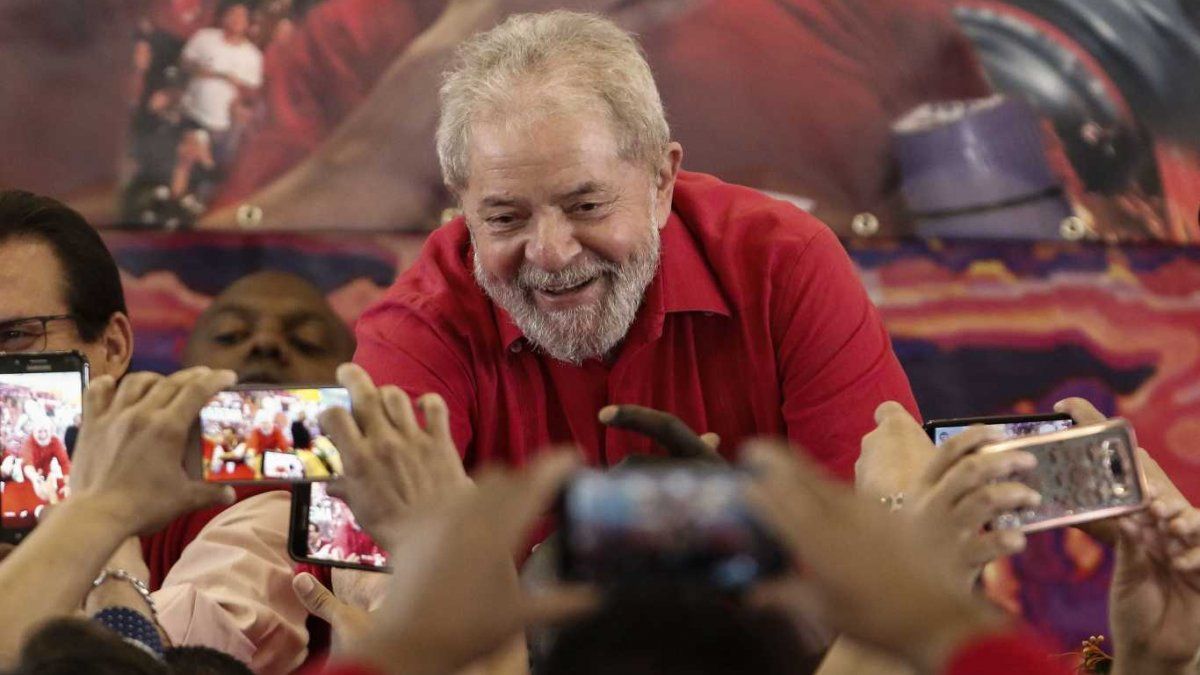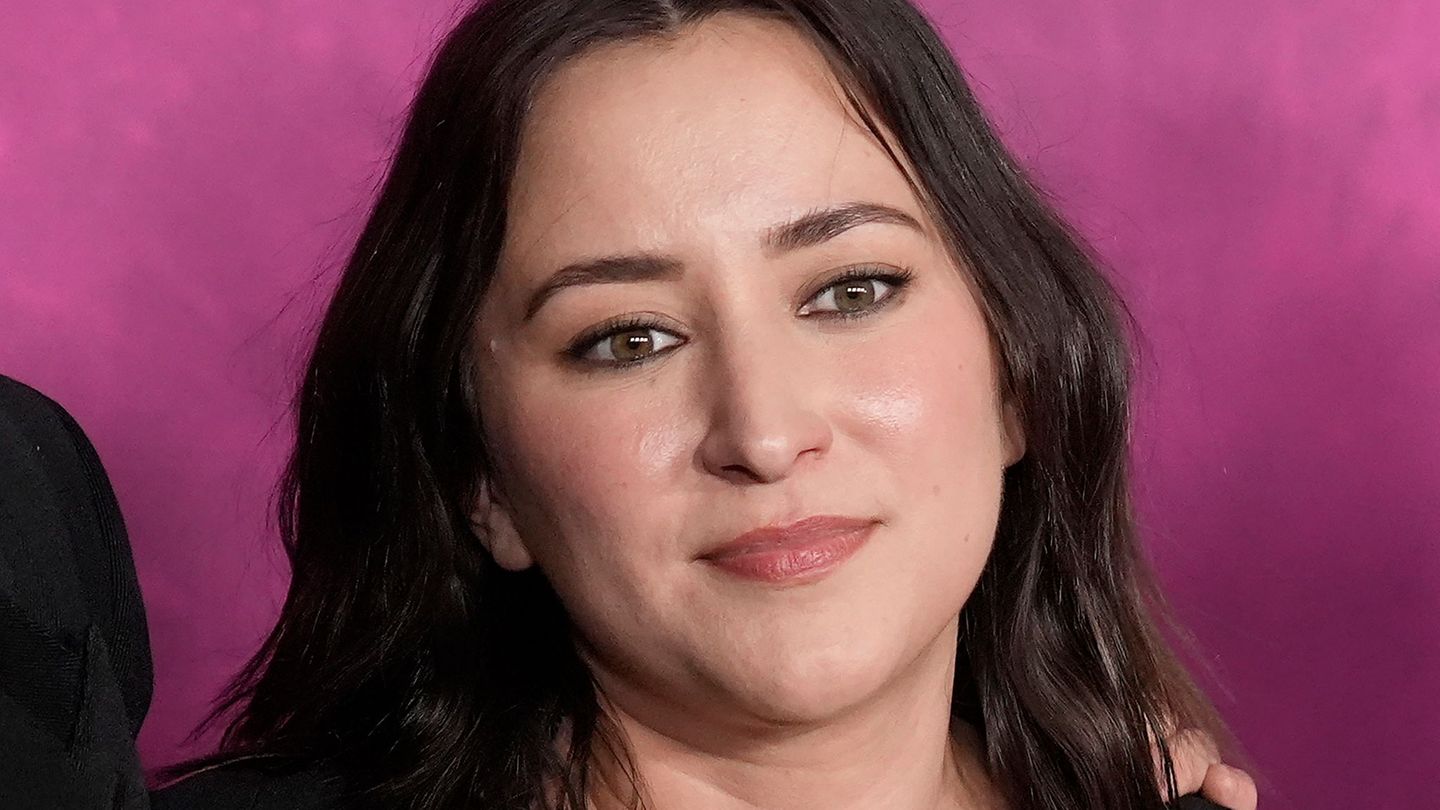In third place was Labor Cyrus Gomeswith 6.7% of intention to vote against the 4.9% he had in December, and in fourth appears, with 6.4%, the former judge and former Bolsonarist minister Sergio Moro, who had had 8.9% in December. With 1.8% appears Joao Doriagovernor of São Paulo, of the Brazilian Social Democracy Party (PSDB).
The survey indicated that Lula fell 0.6% compared to December and that Bolsonaro reached 28% after having had 25.6% in December.
The survey by the MDA demographic institute for the National Transport Confederation shows former President Lula (2003-2010) as the winner in all the second-round scenarios.
Lula has 53.2 percent (before he had 52.7%) against 35.4% for Bolsonaro, who in December had marked 31.4%.
According to the survey, the figure of Bolsonaro as president is disapproved by 61.4% of the population, against 33.9% who approve, while another 4.7% opted for the “does not know-does not answer” box.
The evaluation of the economy in the Bolsonaro government compared to previous governments indicates that for 60.4% it is worse, for 19.8% everything remains the same and for 17.9% it is better.
Regarding the benefits to the poorest population in the country, 43% said that they are worse off, 28.4% that they are better off and that 26.3% follow similarly to other governments.
Lula da Silva is negotiating with the Brazilian Socialist Party (PSB) and the Social Democratic Party (PSD) a series of regional alliances in the states, while advancing the current that defends that a former rival of the PT like the conservative ex-governor of São Paulo Geraldo Alckmin be a candidate for vice president, with the aim of broadening the ideological and partisan spectrum.
The main point of negotiation is the candidacy of the PT in Sao Paulo -the most populous and richest state it has ever governed- and the renunciation of presenting its own candidates in Rio de Janeiro, Minas Gerais and Pernambuco.
Bolsonaro, for his part, is affiliated with the Liberal Party and has the support of the progressive party (PP), which brings together the so-called Centrao, the pragmatic center-right of Congress that has sustained him in power in the face of more than 130 requests for impeachment.
The president trusts in his strength in the southern region and in the strength of agribusiness in the western states such as Goiás, Mato Grosso and the northern Amazon, in addition to the favoritism of his ultra-liberal allies in Minas Gerais, aligned behind Governor Romeu Zema, a broad favorite for re-election in that state, which is the second electoral stronghold in the country.
Source: Ambito
David William is a talented author who has made a name for himself in the world of writing. He is a professional author who writes on a wide range of topics, from general interest to opinion news. David is currently working as a writer at 24 hours worlds where he brings his unique perspective and in-depth research to his articles, making them both informative and engaging.




